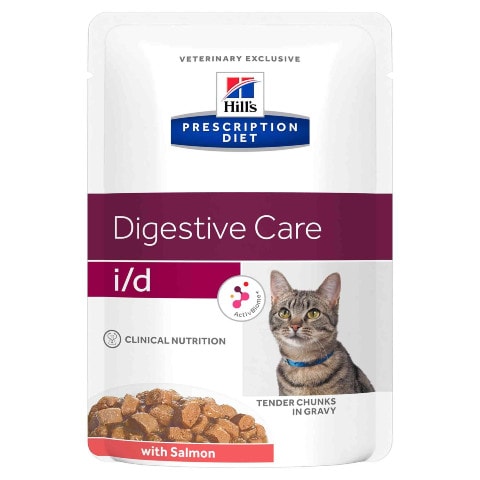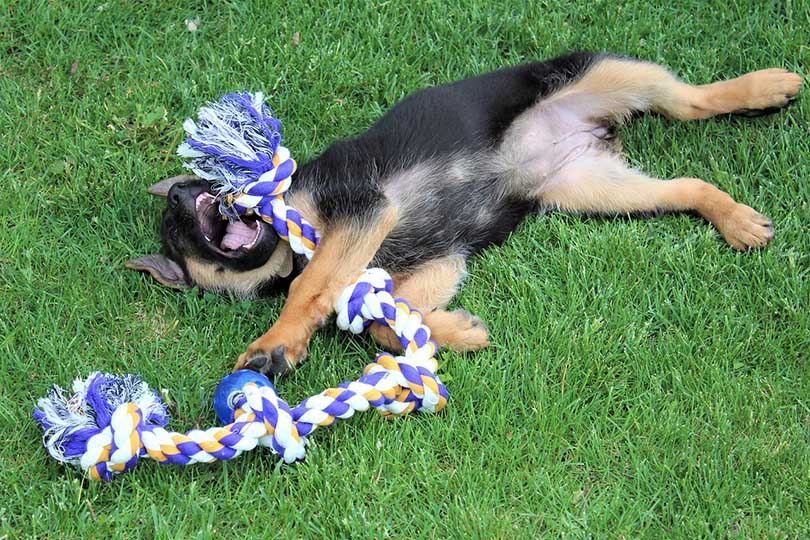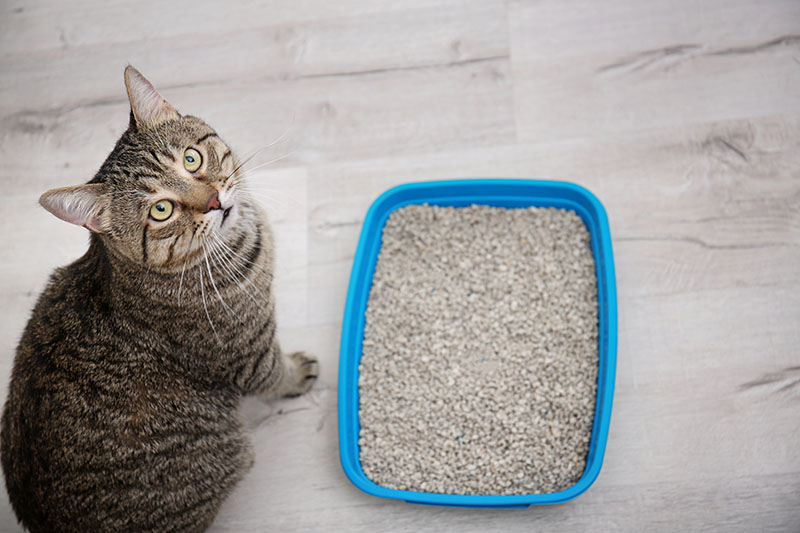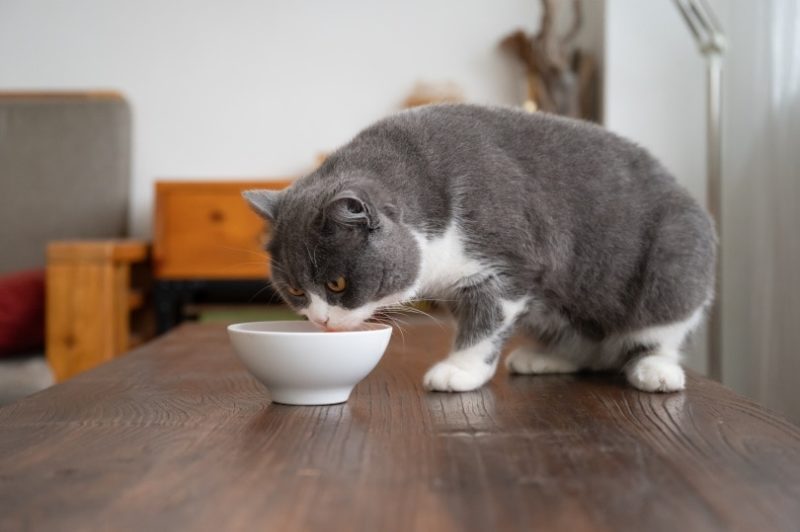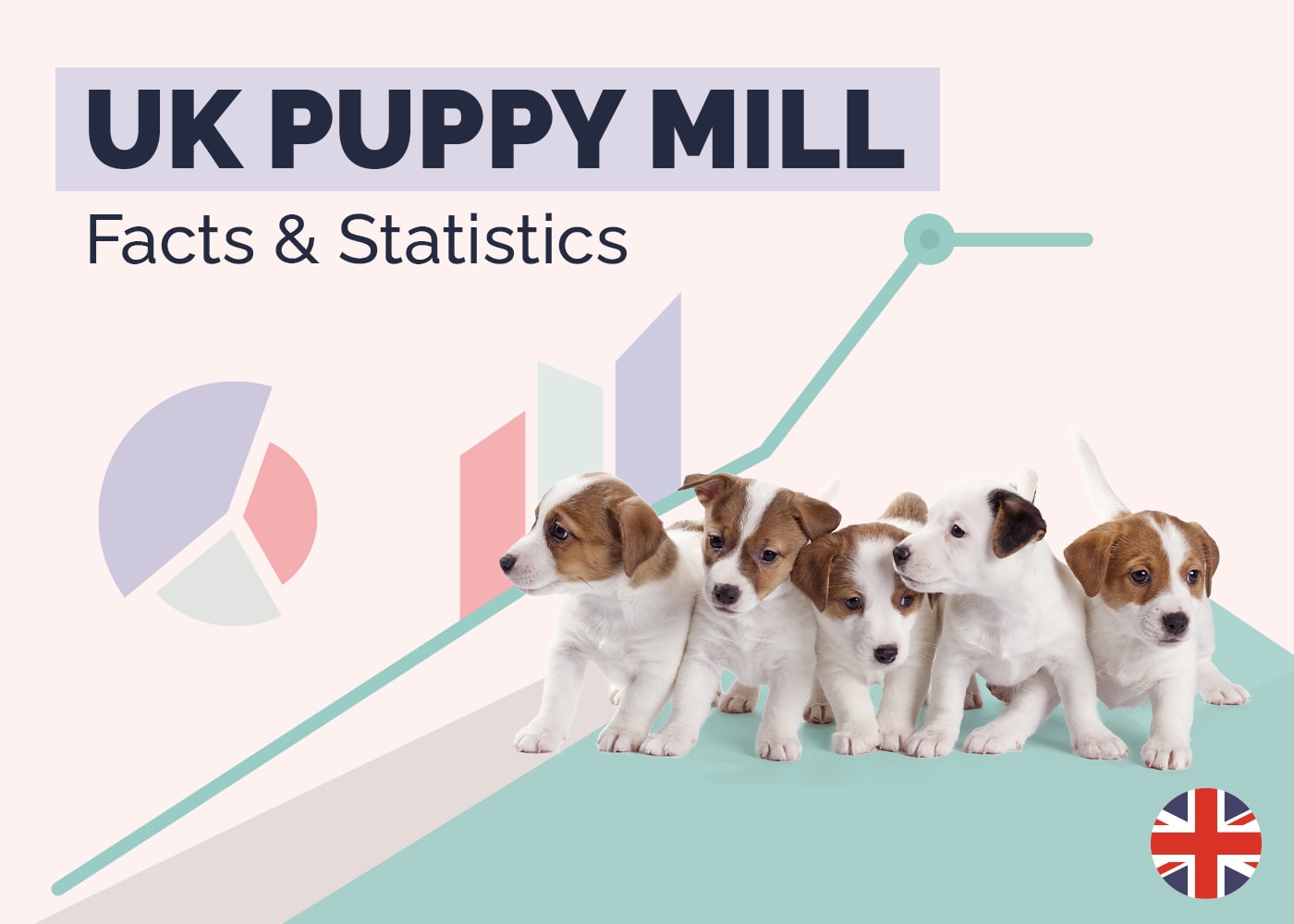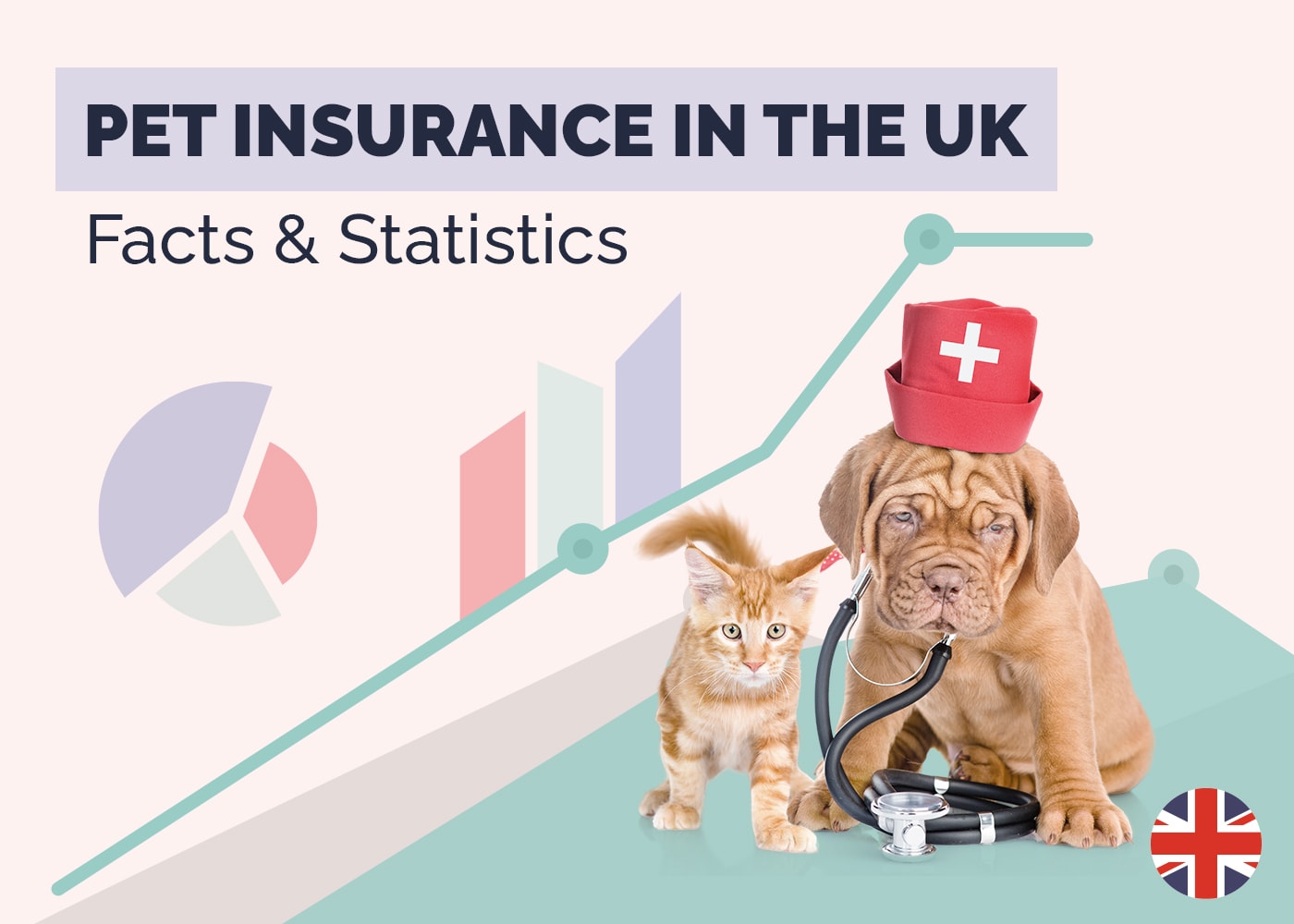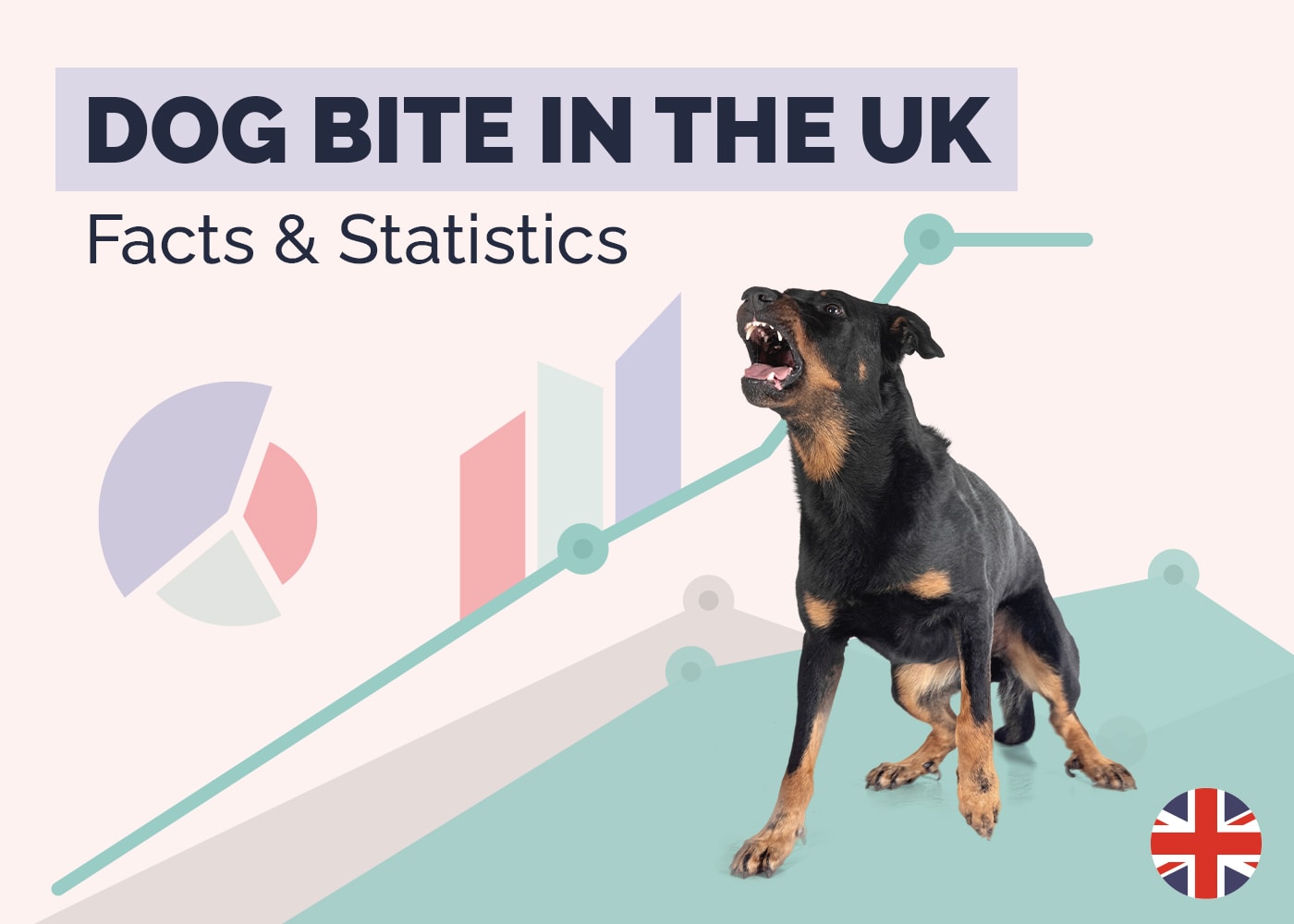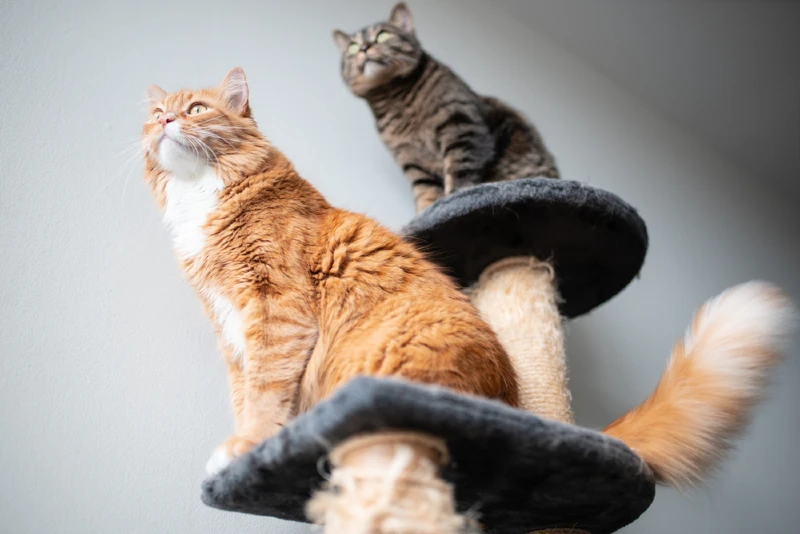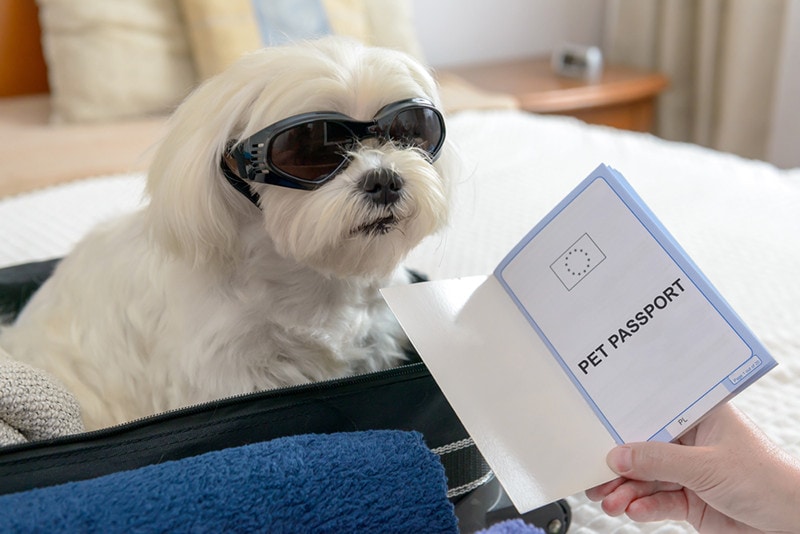10 Best Cat Foods for Constipation in the UK – 2024 Reviews & Top Picks

Updated on
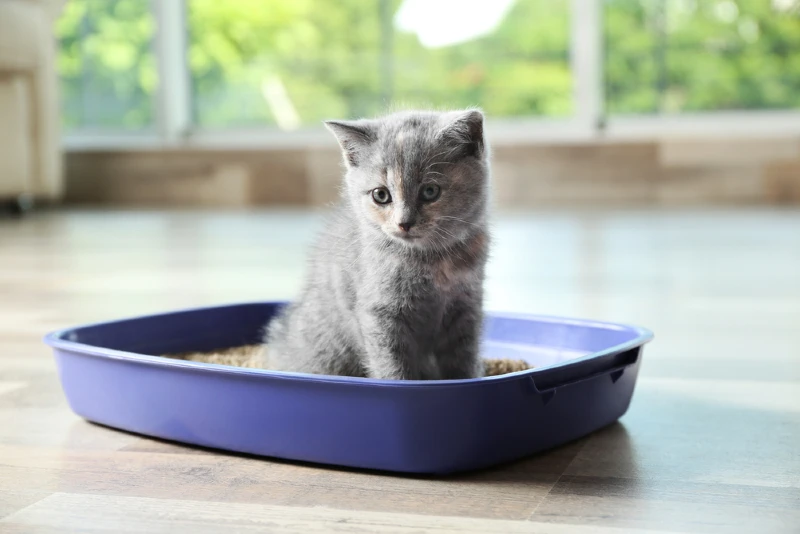
Constipation in cats can be caused by several possible problems, including furballs, a lack of hydration, or a poor diet. Trying a different food is one way to help shift the blockage and ensure your cat is more comfortable and healthier.
Generally, moving to wet food is a good idea. The extra hydration really does help, and if you choose a food that is high in fibre, containing ingredients like pumpkin as a natural fibre source, you should see movement within a few days or so. Alternatively, if your cat can’t stomach wet food, or you really don’t want to feed canned food, there are high-fibre dry foods, as well as those that are designed to help prevent and combat hairballs.
Below, you will find reviews of the 10 best cat foods for constipation in the UK including wet and dry food options, as well as a guide to helping you find the best food.
A Quick Look At Our Favourites in 2024
| Rating | Image | Product | Details | |
|---|---|---|---|---|
| Best Overall |

|
Royal Canin Cat Food Gastrointestinal Veterinary Health Nutrition |
|
Check Price |
| Best Value |

|
Purina ONE Coat and Hairball Dry Cat Food Chicken |
|
Check Price |
| Premium Choice |

|
Royal Canin Veterinary Diet Cat Gastrointestinal Wet Cat Food |
|
Check Price |
| Best for Kittens |

|
Wellness CORE Kitten Original Dry Cat Food |
|
Check Price |

|
Royal Canin Veterinary Diet Dry Cat Food Fibre Response |
|
Check Price |
The 10 Best Cat Foods for Constipation in the UK
1. Royal Canin Cat Food Gastrointestinal Veterinary Health Nutrition – Best Overall
| Food Type: | Dry |
| Volume: | 4kg |
| Primary Ingredients: | Dried poultry protein, rice, animal fat |
| Protein: | 32% |
| Fibre: | 10.6% |
| Life Stage: | All |
Royal Canin does an extensive selection of foods that target specific health and nutritional problems. Royal Canin Cat Food Gastrointestinal Veterinary Health Nutrition is a dry food that is designed specifically for cats with gastrointestinal complaints. This includes constipation as well as other problems like diarrhoea.
Its 10.6% fibre ratio is really high, especially for dry food, and the Gastrointestinal Veterinary Health range also incorporates prebiotics that further aid the digestive system while also improving overall gut health. Royal Canin food is recommended by a lot of vets to combat certain health conditions.
The food is a little on the expensive side, and its ingredients don’t sound overly appetising, with the main ingredients listed as dried poultry protein, rice, and animal fat. But the animal fat is there as a source of fibre, and as long as your cat isn’t suffering from long-term or chronic diarrhoea, you can revert to a standard diet once the problem has cleared up.
- High-fibre food can shift constipation
- Contains prebiotics for improved gut health
- Recommended by a lot of vets
- On the expensive side for dry food
- Not the most natural ingredients
2. Purina ONE Coat & Hairball Dry Cat Food – Best Value
| Food Type: | Dry |
| Volume: | 3kg |
| Primary Ingredients: | Chicken, dried poultry protein, whole grain wheat |
| Protein: | 34% |
| Fibre: | 6% |
| Life Stage: | Adult |
Purina is another company that offers foods designed to tackle specific issues in cats. Purina ONE Coat and Hairball Dry Cat Food Chicken is designed to minimise hairball production and maximise coat condition. Hairballs can be a major cause of constipation with the balls of hair preventing proper stool production and passing, but even if this isn’t the case with your cat, the food’s 6% fibre content from ingredients like chicory root and the inclusion of Omega fatty acids. The ingredients also contain prebiotics, which are essential for good gut health.
The food is very reasonably priced, although it does only contain 14% chicken which isn’t much for carnivores like cats. However, its high fibre, the inclusion of chicory root, and its low cost make this the best cat food for constipation in the UK for the money.
- Low price
- 6% fibre is reasonable for dry food
- Contains chicory root as a natural fibre source
- 14% chicken could do with being higher
3. Royal Canin Veterinary Diet Gastrointestinal Wet Cat Food – Premium Choice
| Food Type: | Wet |
| Volume: | 12 x 85g |
| Primary Ingredients: | Pork and poultry meats, poultry liver, corn flour |
| Protein: | 7% |
| Fibre: | 0.9% |
| Life Stage: | Adult |
Royal Canin Veterinary Diet Cat Gastrointestinal Wet Cat Food contains thin slices of meat surrounded by a hydrating gravy. Its primary ingredients are pork and poultry meats, poultry liver, and corn flour, and it has 7% protein and 0.9% fibre. The fibre levels aren’t as high as a lot of foods designed to combat constipation, but the food does contain balanced fibres as well as prebiotics with modest calories.
Royal Canin claims that the food is highly palatable so even if your cat is avoiding food because it has an upset stomach, it should still appeal and persuade your feline companion to eat. It also has a high moisture content of 82%, so if dehydration or poor hydration is the cause of your cat’s constipation, this is a good food to try.
The food is expensive, however, and we would prefer to see a higher fibre ratio, especially in wet food.
- Contains prebiotics for good gut health
- Main ingredients are animal-based
- High moisture content should help with constipation
- Expensive food
- Fibre content could be higher
4. Wellness CORE Kitten Original Dry Cat Food – Best for Kittens
| Food Type: | Dry |
| Volume: | 300 grams |
| Primary Ingredients: | Turkey, chicken, peas |
| Protein: | 44% |
| Fibre: | 4% |
| Life Stage: | Kitten |
Kittens have different nutritional and dietary requirements to adult cats and senior cats. In particular, they need more protein to help their development. Wellness CORE Kitten Original Dry Cat Food is moderately high in fibre (4%) and also contains both prebiotics and probiotics, both of which help encourage good gut health and a healthy digestive system.
The food also consists of 44% protein, which is suitable for a young kitten that is still developing. The main ingredients are turkey, chicken, and peas, and it is good to see meat as the primary ingredients in any cat food.
Although Wellness CORE is a little on the expensive side for a dry food, it can help with digestive issues like constipation, and it is nutritionally formulated to ensure a good start for your kitten.
- 44% protein is suitable for developing kittens
- 4% fibre is good for a dry food
- Main ingredients are meat based
- A little on the expensive side
5. Royal Canin Veterinary Diet Dry Cat Food Fibre Response
| Food Type: | Dry |
| Volume: | 2 kilograms |
| Primary Ingredients: | Rice, dehydrated poultry protein, maize |
| Protein: | 31% |
| Fibre: | 2.9% |
| Life Stage: | Adult |
Royal Canin Veterinary Diet Dry Cat Food Fibre Response is designed to offer natural fibre to help ensure regular and healthy stools and stool production. The ingredients include natural fibres like psyllium husks and chicory to aid in this area.
It is meant as a short-term solution to constipation so it can be fed for several weeks until the problem is resolved, and then you can return to a normal diet. If the problem persists longer than this, you will need to take your cat back to the vets for further checks.
The food is one the expensive side, although has been proven to offer results in the fight against constipation, and while some of the ingredients are positive thanks to their high fibre content, the main ingredient is rice. It would be better to see a meat ingredient as the primary ingredient.
- Contains psyllium husks and chicory as natural fibre sources
- 2.9% fibre is higher than a lot of standard foods
- Formulated to combat constipation
- A little expensive
- Main ingredient is rice
6. Purina Veterinary Diets Gastrointestinal Wet Cat Food
| Food Type: | Wet |
| Volume: | 10 x 85 grams |
| Primary Ingredients: | Meat and animal derivatives, eggs and egg derivatives, cereals |
| Protein: | 11% |
| Fibre: | 0.6% |
| Life Stage: | Adult |
Purina Veterinary Diets Gastrointestinal Wet Cat Food is formulated to help combat cases of diarrhoea but can also help beat constipation caused by gastrointestinal health issues, and the food is recommended by some vets for these cases.
Although the fibre content is quite low at 0.6%, for this kind of dietary food, it does contain prebiotics to help promote good gut bacteria and ensure that existing good bacteria have a reasonable food source. The food’s 11% protein is good for wet food and the price is reasonable for this type of food pouch.
However, the ingredients are somewhat vague with the main ingredient being meat and animal derivatives, which can essentially be any part of any animal. It is good that the main ingredient is animal-based, but it would be ideal to see the type of meat and the constituent ingredients listed clearly.
- 11% protein is healthy for adult cats
- Contains prebiotics to support good gut bacteria
- Reasonable price for wet food
- 0.6% fibre is low for a gastrointestinal diet
- Ingredients are vague
7. HILL’S PRESCRIPTION Diet Cat Digestive Care i/d Wet Food
| Food Type: | Wet |
| Volume: | 12 x 85 grams |
| Primary Ingredients: | Meat and animal derivatives, fish and fish derivatives, derivatives of vegetable origin |
| Protein: | 7.7% |
| Fibre: | 0.87% |
| Life Stage: | Adult |
Hill’s Prescription Diet Cat Digestive Care i/d Wet Food has 0.87% fibre and 7.7% protein. The fibre content is reasonable, although could benefit from being higher, but the food does use meat and fish ingredients as the main ingredients. Prebiotics will help your cat’s gut health and omega fatty acids, as well as antioxidants, help improve immune system health.
Although the food does use meat and fish ingredients, the actual ingredients are vaguely listed as derivatives, so it is unclear exactly what is used in the food. The food is on the expensive side, too, but Hill’s claims that it works quickly to remedy digestive upset, including instances of constipation.
- Main ingredients are meat and fish based
- Contains prebiotics to encourage good gut health
- Ingredients are vaguely listed
- Fibre ratio could be higher
8. Royal Canin Hairball Care Cat Food
| Food Type: | Dry |
| Volume: | 2 kilograms |
| Primary Ingredients: | Dehydrated poultry protein, vegetable protein isolate, maize |
| Protein: | 34% |
| Fibre: | 6.9% |
| Life Stage: | Adult |
Hairballs can cause serious gastrointestinal problems in cats. Royal Canin Hairball Care Cat Food is formulated to address hairball buildup. The occasional hairball should be nothing to worry about but if your cat suffers regularly, and especially if it is leading to constipation or other complaints, you should try to take action and minimise or prevent them.
Hairballs form when a cat grooms itself and some hairs naturally come away. If your cat’s coat is in bad condition, and the hair comes away more easily, it means that your cat is likely ingesting more hair and it can lead to increased hairball production which, in turn, leads to constipation. Therefore, treating the coat can help prevent hairballs in the long term, while providing higher fibre and other beneficial ingredients can help clear up the current constipation problems. Royal Canin Hairball Care Cat Food contains psyllium husks that act as fibre to carry hairballs through the system. It has a 6.9% fibre ratio which is high.
However, Royal Canin Hairball Care Cat Food is expensive for a dry food and its ingredients could be higher quality.
- 6.9% fibre ratio is good for constipation
- Helps control hairballs, which can be a cause of constipation
- Expensive
- Ingredients could be better quality
9. Hill’s Prescription Diet Gastrointestinal Biome Dry Cat Food
| Food Type: | Dry |
| Volume: | 1.5 kilograms |
| Primary Ingredients: | Cereals, meat and animal derivatives, vegetable protein extracts |
| Protein: | 34.4% |
| Fibre: | 5.3% |
| Life Stage: | Adult |
Hills Prescription Diet Gastrointestinal Biome Dry Cat Food is designed to promote good gut health. It has a 5.3% fibre ratio, which will help food move more efficiently through the digestive system, and it contains ActivBiome+ which is a proprietary ingredient that Hill’s claim is proven to help stool production. The company claims that it can start to work in as little as 24 hours.
It is expensive for a dry food, but it does contain a good combination of prebiotics and postbiotics: postbiotics are healthy waste products typically left behind by probiotics in the gut and include a variety of vitamins that promote future growth of probiotics and benefit the cat.
As a food, Gastrointestinal Biome has reasonable protein content of 34.4%, but its main ingredient is cereals, and we would rather see a good-quality meat product at the top of the list.
- Contains prebiotics and postbiotics to promote good gut health
- 5.3% fibre ratio helps with constipation
- Expensive for dry food
- Main ingredient is cereals
10. Almo Nature Mega Pack Wet Food
| Food Type: | Wet |
| Volume: | 6 x 70 grams |
| Primary Ingredients: | Chicken, chicken broth, pumpkin |
| Protein: | 16% |
| Fibre: | 0.3% |
| Life Stage: | Adult |
Almo Nature Mega Pack Wet Food is a natural cat food that only uses natural ingredients, and the ingredient list is short. It contains chicken, pumpkin, and a small amount of rice, all cooked in chicken broth.
It is a wet food, and sometimes moving to a wet food is enough to help shift constipation in cats. But while the food does contain pumpkin, which is a good, natural source of dietary fibre, it only has a 0.3% fibre ratio.
This could do with being higher to help cure some instances of constipation but if you are looking for a natural food with high protein and that contains some dietary fibre, Almo Nature could be worth a try.
- All natural ingredients
- Contains pumpkin, which is a source of dietary fibre
- Expensive
- 0.3% fibre ratio could do with being higher
Buyer’s Guide: Choosing The Best Cat Foods for Constipation
Constipation occurs in cats when there is an excessive build-up of faeces and the cat is unable to properly pass stools. As the problem persists, the stuck faeces dry out and become even harder to pass, which means that resolving the issue as soon as possible will make it easier.
There are various causes of constipation in cats, and some simple changes might be enough to get things moving again. One possible solution for this problem is to change food to one designed to help with constipation and other gastrointestinal complaints.
Causes of Constipation in Cats
Constipation is a build-up of faecal matter in the colon. The cat is unable to form or properly pass stools. Cats will typically poop every 24 to 36 hours, and if you notice that your cat is avoiding the litter tray or you haven’t had to pick up any poo in a while, it could be a sign of a problem.
Constipation can be uncomfortable and painful, and if left untreated, it can become a serious concern.
- Anxiety – Cats can be very anxious animals and one of the ways that this anxiety manifests itself is in irregular toilet habits. This can include constipation, as well as inappropriate littering and also diarrhoea.
- Hairballs – Most cats, especially those with long coats, will suffer with hairballs at some point. They form when your cat grooms itself and as hair accumulates. If your cat suffers with hairballs, the hair can become lodged in the colon and prevent stools from passing properly.
- Poor diet – Poor diet, especially one that is low in or missing dietary fibre, is a common cause of constipation. While most owners look at figures like protein ratios and even calories in cat food, it is less common to look at the fibre levels and fibre sources.
- Injury – Injuries to the pelvis or colon can cause a constriction or tightening of the colon. This means that stools cannot form properly, and they may be prevented from passing through the digestive system. Such injuries may not be immediately obvious or easy to spot and may require veterinary intervention.
- Lack of exercise – The colon responds to activity, so as your cat moves around, it naturally causes the colon to produce stools. If your cat gets very little exercise, then the colon is unable to produce stools and they can struggle to pass them properly. This is especially a problem for indoor cats because they do not get the same opportunity to run around and exercise as cats that go outdoors.
- Poor hydration – The body needs a constant source of hydration, and if your cat isn’t getting enough water, it will pull fluid from the stools to use in the rest of the body. Dry stools are more difficult to pass, and the problem perpetuates because the stools will get drier as they are stuck in the system. It can be notoriously difficult to get cats to drink fresh water, and dehydration tends to be a problem suffered by cats on a dry food diet.
- Megacolon – Megacolon is a condition where the colon is weak. The weakened muscles are unable to properly push faecal matter out of the body. It can be a cause of constipation, but it can also be caused by long-term constipation, which exacerbates the problem and makes it more difficult to resolve.
Tips to Help Beat Feline Constipation
Generally, to beat constipation, you should identify the likely cause and then take action to correct it. For example, if you believe your cat is dehydrated, ensure that they get more water or fluids in their diet. However, it isn’t always easy to identify the cause, so you can try the following tips to help beat the problem:
- Water – Good hydration is just as important to cats as it is to people. It can be difficult to convince a cat to drink from a bowl. Some have a natural distrust of still water. Ensure the water bowl is placed away from food and that you refresh the water regularly. You can also try a feline water fountain. The movement of the water catches your cat’s attention, and your cat will trust the running water more. Another way to help ensure good hydration is to feed wet food rather than dry. Wet food is made up of around 80% moisture.
- Exercise – Exercise not only encourages the colon to produce stools, but it also helps strengthen abdominal and other muscles, thereby helping prevent megacolon and other potential problems. If yours is an indoor cat, encourage regular play. You can even get a cat wheel. Alternatively, get a leash and walk your cat.
- Look for signs of anxiety – While they might seem ultra-confident or aloof, cats can get very anxious, and anxiety manifests in different ways including constipation. Look for any potential causes of anxiety and remove them from your cat’s world, where possible. Ensure your feline companion has enough litter trays and that nothing is frightening or causing them to be anxious when using the trays.
- Try fibre and probiotic supplements – Fibre is an important part of your cat’s diet, and it helps move faecal matter through the digestive system. Ideally, it should come in a natural form, but supplements can help add fibre to a diet quickly and without altering the diet too drastically. Probiotics are good bacteria that live in the gut. They help combat bad bacteria and promote good gut health and a healthy digestive system. Prebiotics provide food with probiotics, ensuring that they can do their job more efficiently and effectively, and there are supplements containing both pre- and probiotics.
- Laxatives – If all else fails, your vet might be able to prescribe a laxative or recommend an over-the-counter laxative. Laxatives can be strong, and, ideally, you should look for ways to combat the constipation naturally before resorting to these.
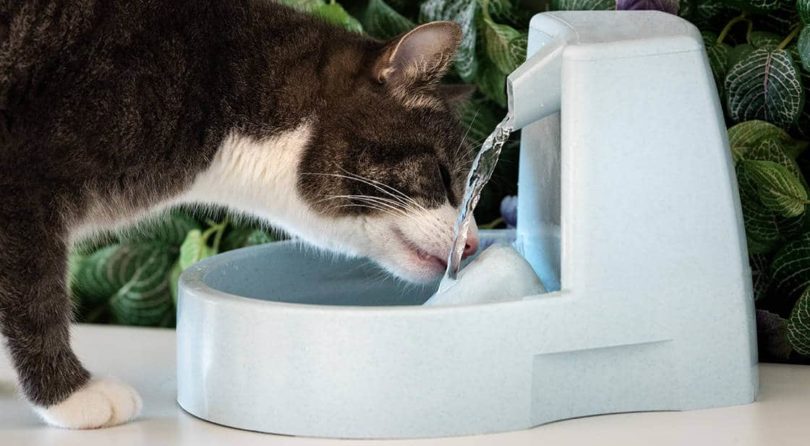
Cat Food Features to Look For
A change in diet can help with constipation and other gut-related issues. When looking for food that will help with constipation, look for the following features.
- Wet Food – Wet food typically contains around 80% moisture and is a good way of ensuring that your cat is getting enough fluids to maintain healthy hydration levels. However, if your cat is good at drinking fresh water from a bowl or other source, you can still feed an appropriate dry food.
- High Fibre from Natural Sources – Fibre really is one of the most important dietary elements in treating constipation. Ideally, it should come from natural sources like psyllium husks or chicory root. Check the fibre ratio of any food you are considering and look for the dietary source.
- Prebiotics and Probiotics – Good gut health benefits your cat in many ways, including in the regular production of healthy stools. Look for foods containing prebiotics and probiotics.
- Nutritional Food – As well as enduring your cat’s food has adequate fibre levels, you should ensure that it uses healthy, high-quality ingredients. Poor diet is a major cause of constipation, and processed foods that are filled with chemicals and non-natural ingredients can be a contributing factor to the problem.
Conclusion
Above are reviews of ten of the best cat foods for constipation in the UK, including those with high fibre content and containing beneficial ingredients like prebiotics and probiotics.
Royal Canin Cat Food Gastrointestinal Veterinary Health Nutrition is high in fibre and contains prebiotics and probiotics for your cat’s stomach. Purina ONE Coat and Hairball Dry Cat Food Chicken is especially effective at treating constipation caused by hairballs and is one of the cheaper options available. Both of these are dry foods, however. If you’re looking for wet food to help improve hydration, Royal Canin Veterinary Diet Cat Gastrointestinal Wet Cat Food could have higher fibre levels but is high in moisture and contains beneficial prebiotics.
Featured Image Credit: New Africa, Shutterstock










